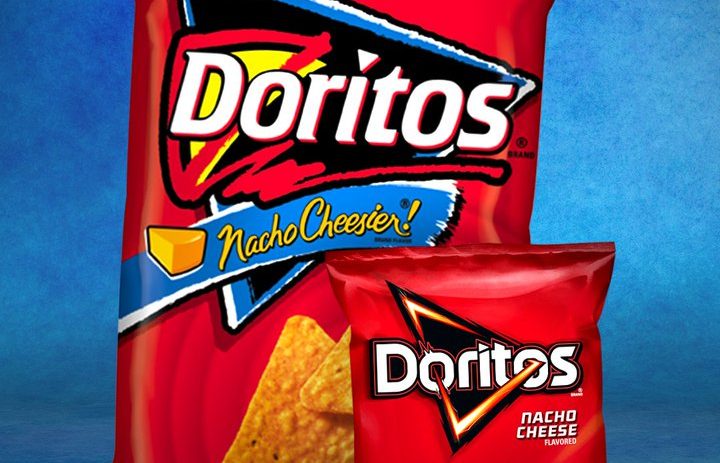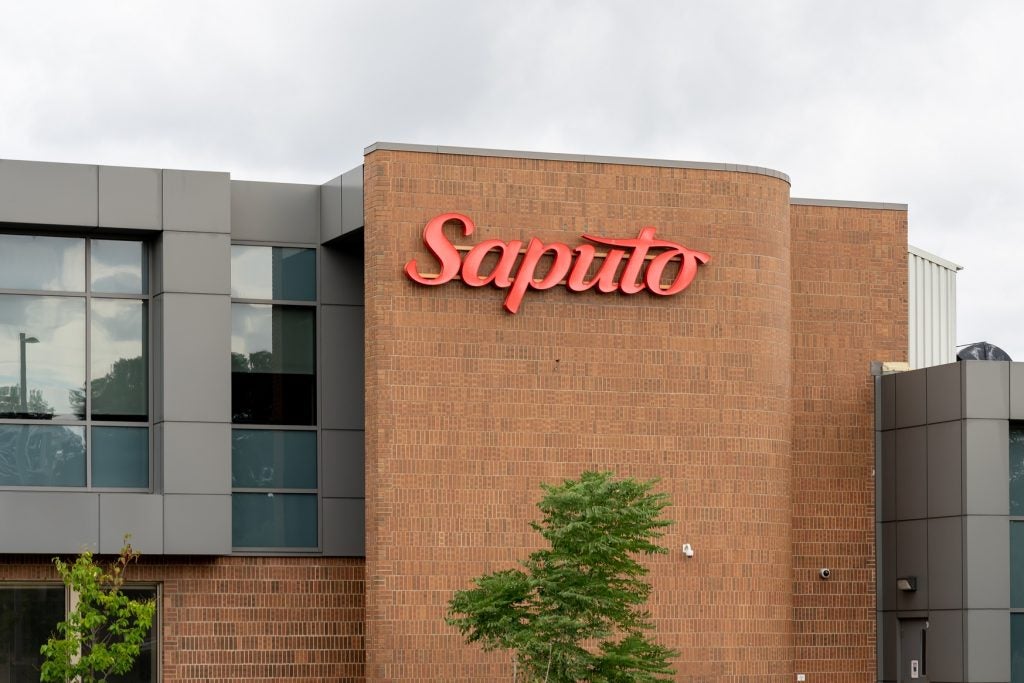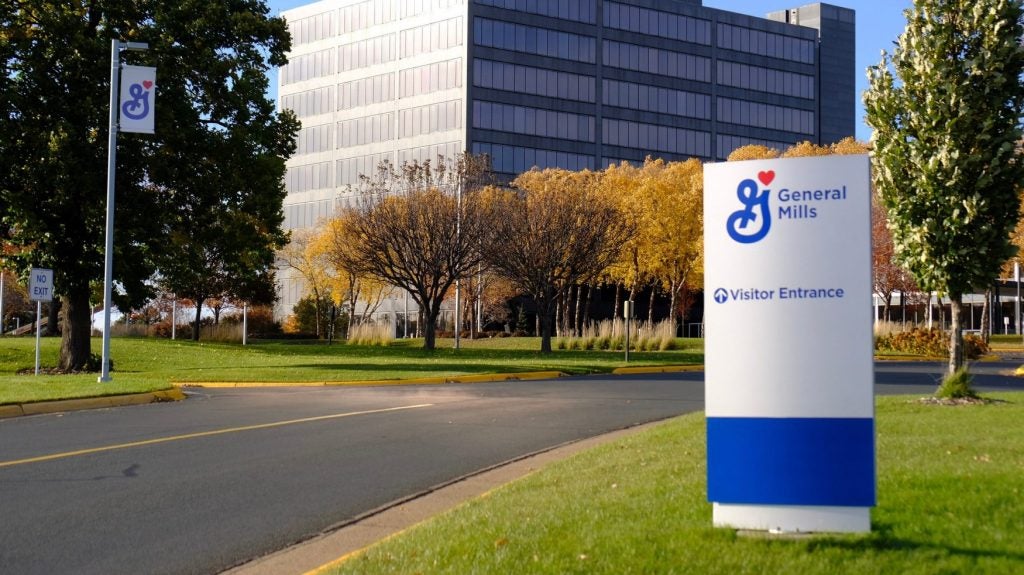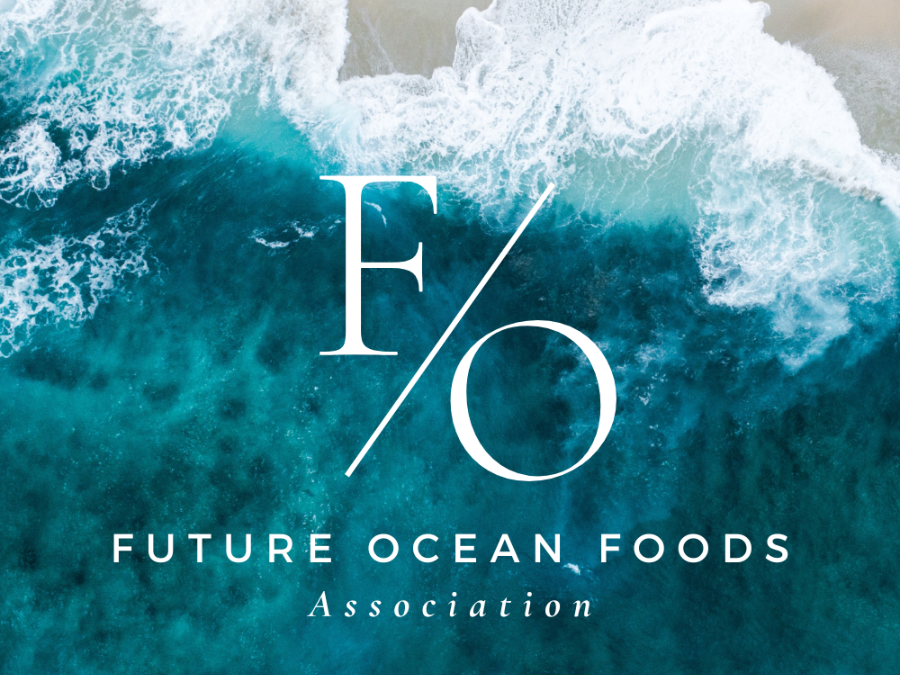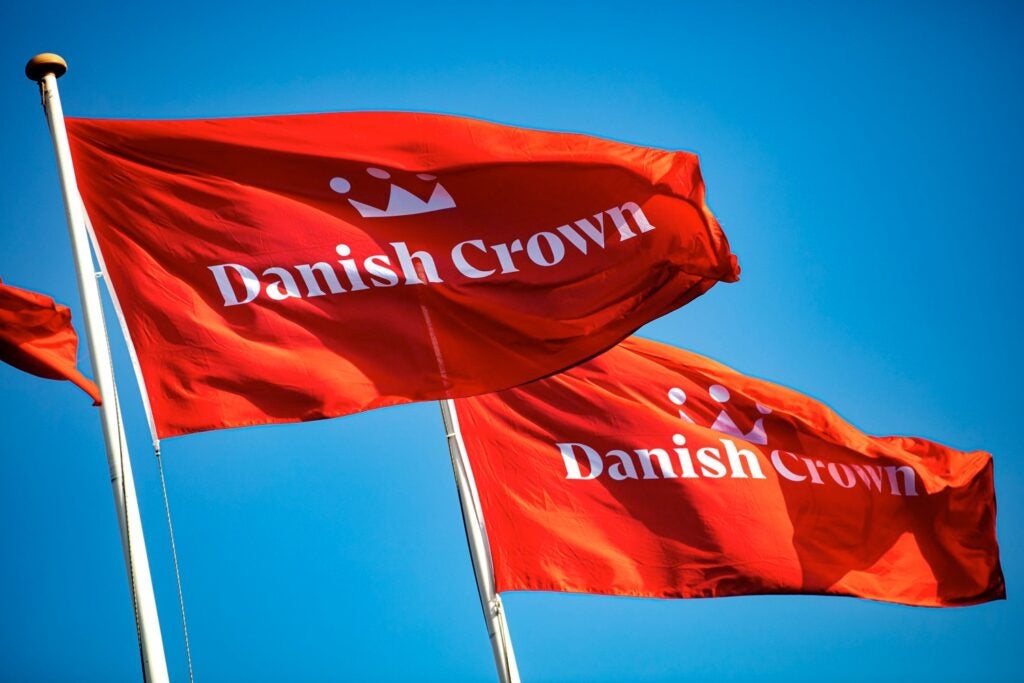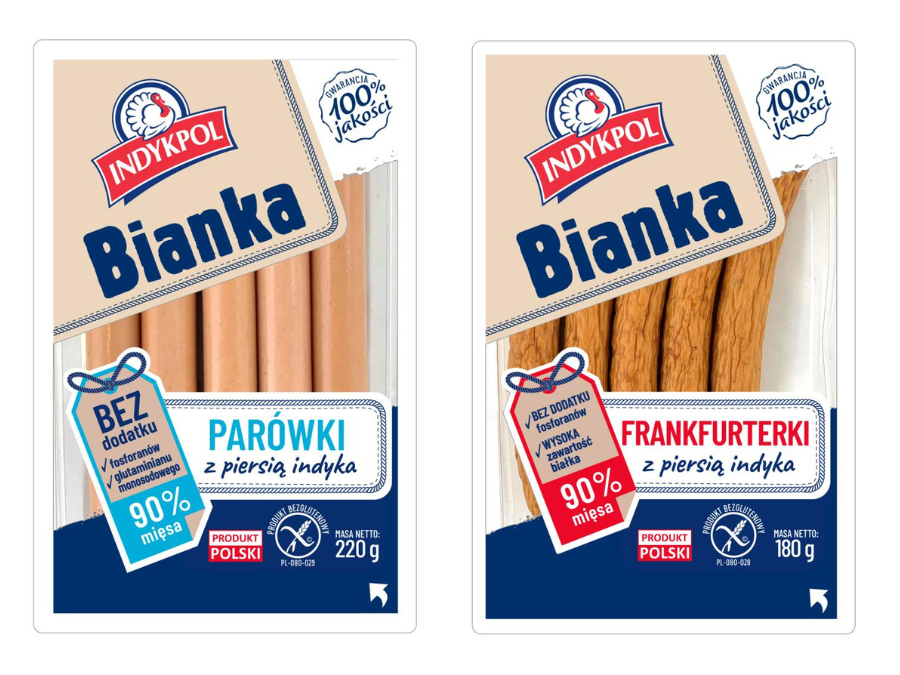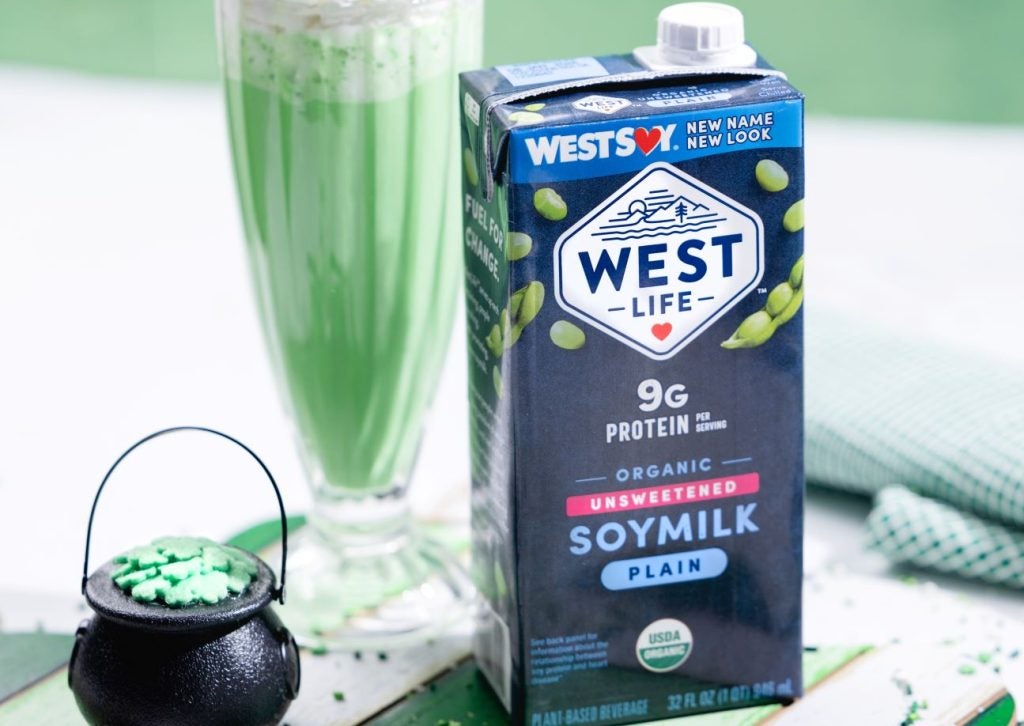US snacks and beverage giant PepsiCo is to spend SR200m ($53.3m) on expanding a snacks facility in Saudi Arabia.
The Lay’s crisps and Doritos brands owner said the investment in its plant in the eastern city of Dammam will increase the overall capacity to meet increasing local and export demand.
It said the move is part of its Saudi Arabia Vision 2030 plan to “enhance the Saudi agricultural sector and boost sustainable food production in the Kingdom”.
The work to expand the site is expected to be finished next year.
Just Food has asked PepsiCo for further details of its expansion plan.
The snacks plant was opened in 2014 as a 5,000 sq m manufacturing facility to service Middle Eastern markets.
Brands manufactured in Saudi Arabia by PepsiCo include Lay’s, Doritos and Quaker Oats, as well as the local crisp brand Tasali.
The capital expenditure plan, announced on the sidelines of the Future Investment Initiative, held in Riyadh at the end of October, comes soon after the company revealed an expansion to its snacking plant in the Brazilian town of Cabo de Santo Agostinho.
It is to install a new production line at the site, which produces Cheetos and Cebolitos snacks for the local market.
Last month, PepsiCo released its third-quarter results. Net revenue increased by 8.9% year-on-year to $23.45bn while operating profit jumped to $4.02bn.
Its Africa, Middle East and South Asia unit, which includes Saudi Arabia, recorded revenues of $1.61bn for the three-month period, down from $1.72bn 12 months earlier.


